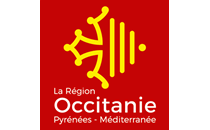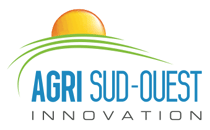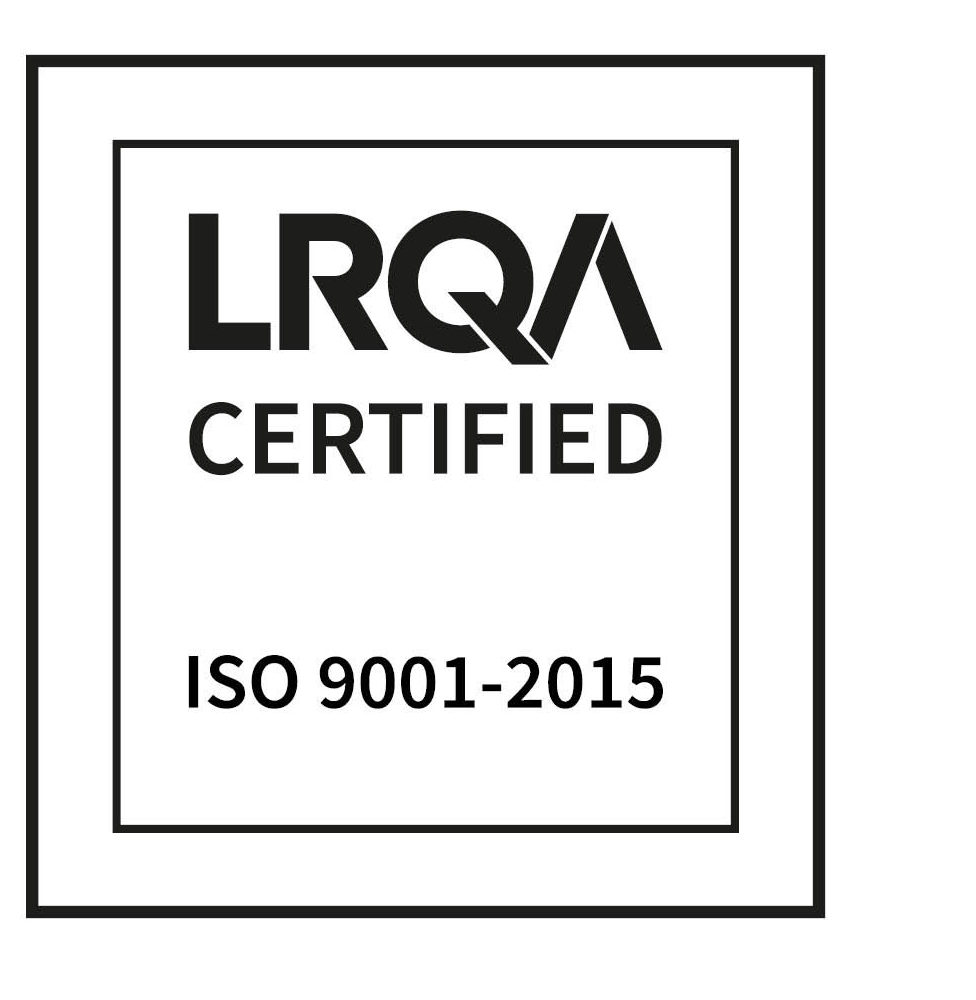Ingénierie moléculaire et métabolique (I2M)
http://www.lisbp.fr/fr/la_recherche/ingenierie_moleculaire_et_metabolique.html
 Sa mission :
Sa mission :
L’équipe I2M est une équipe de recherche multidisciplinaire axée sur la biologie de synthèse avec un focus sur l’ingénierie moléculaire et l’ingénierie métabolique avec des objectifs fondamentaux et appliqués.
Mots clés :
Biologie de synthèse : ingénierie métabolique, ingénierie moléculaire ; ingénierie des protéines ; terpènes ; caroténoïdes ; biocatalyse
Responsable :
Gilles Truan – Chercheur CNRS
gilles.truan@insa-toulouse.fr
Effectifs équipe en 2015 : 10
Enseignants et chercheurs : 4 / assistants ingénieurs et techniciens : 1 / post-doctorants et doctorants : 5
Axes thématiques :
- Ingénierie métabolique
- Ingénierie moléculaire
Activités principales :
Ingénierie métabolique :
- Reconstruction de voies métaboliques synthétiques chez la levure
- Etude de la régulation statique de voies de biosynthèse insérées
- Senseurs métaboliques in vivo
Ingénierie moléculaire :
- Ingénierie des cytochromes P450 et enzymes associés
- Construction de complexes multi-enzymatiques
- Analyse de l’assemblage des microcompartiments bactériens
Modèles de recherche :
- Escherichia coli
- Saccharomyces cerevisiae
Domaines d’application et produits cibles :
- Alimentation : terpènes, caroténoïdes
- Cosmétique et/ou pharmacologie : caroténoïdes, flavonoïdes, stérols, triterpènes
Technologies, techniques, outils spécifiques :
- expression hétérologue chez la levure
- insertion et contrôle de voies métaboliques
- reconstitution de systèmes enzymatiques humanisés chez la levure
- reconstruction de voies complexes
- ingénierie moléculaire par techniques d’évolution combinatoire des protéines
Publications et brevets significatifs :
- Carquet M, Pompon D, Truan G. Transcription interference and ORF nature strongly affect promoter strength in a reconstituted metabolic pathway. Front Bioeng Biotechnol. 2015 Feb 26;3:21. doi: 10.3389/fbioe.2015.00021. eCollection 2015.
- Frances O, Fatemi F, Pompon D, Guittet E, Sizun C, Pérez J, Lescop E, Truan G. A Well-Balanced Preexisting Equilibrium Governs Electron Flux Efficiency of a Multidomain Diflavin Reductase. Biophys J. 2015 Mar 24;108(6):1527-36. doi: 10.1016/j.bpj.2015.01.032.
- Urban P, Truan G, Pompon D. Access channels to the buried active site control substrate specificity in CYP1A P450 enzymes. Biochim Biophys Acta. 2015 Apr;1850(4):696-707. doi: 10.1016/j.bbagen.2014.12.015. Epub 2014 Dec 18.
- 1 PCT et deux nouvelles demandes déposées en janvier 2015 (cadre projet CARBOYEAST)
- 1 autre demande de brevet déposée en juillet 2015 (cadre projet CARBOYEAST)
Projets précompétitifs :
- CARBOYEAST – Transfert de voies de fixation du CO2 sur des micro-organismes supérieurs
- GLYCOFLAV – Modification à façon de flavonoïdes pour créer des composés à forte valeur ajoutée
- GENOFLUID – Dispositifs mini-fluidiques innovants pour l’analyse pseudo-clonale en ligne du métabolisme et des relations génotype-phénotype au sein des micro-organismes
- METASENS – Sensing metabolites for dynamic regulation
- INSEREE – INgénierie de Souche d’E. coli pour l’ExpRession de modèles Enzymatiques présentant un acide aminé non naturEl
Molecular and metabolic engineering
http://www.lisbp.fr/en/research/molecular-and-metabolic-engineering.html
 Its mission:
Its mission:
The “Molecular and metabolic engineering” team is a multidisciplinary research team based on synthetic biology with a focus on molecular and metabolic engineering with fundamental and applied objectives.
Key words:
Synthetic biology: metabolic engineering, molecular engineering; protein engineering; terpenes; carotenoids; bio catalysis
Person in charge:
Gilles Truan – CNRS Researcher
gilles.truan@insa-toulouse.fr
Team of 10 people in 2015:
Teachers and researchers: 4 / assistant engineers and technicians: 1 / postdoctoral and PhD students: 5
Thematic axes:
- Metabolic engineering
- Molecular engineeringMain activities:
Main activities
Metabolic engineering:
- Reconstruction of synthetic metabolic pathways in yeast cells
- Study of the static control of inserted biosynthetic pathways
- Metabolic sensors in vivo
Molecular engineering:
- Engineering of cytochromes P450 and associated enzymes
- Multi-enzyme complex construction
- Analysis of bacterial microcompartment assembly
Research models:
- Escherichia coli
- Saccharomyces cerevisiae
Fields of application and target products:
- Alimentation: terpenes, carotenoids
- Cosmetic and/or pharmacology: carotenoids, flavonoids, sterols, and triterpenes
Technologies, techniques, specific tools:
- Heterologous expression in yeast
- Insertion and control of metabolic pathways
- Reconstruction of human enzymatic systems in yeast
- Reconstruction of complex pathways
- Molecular engineering by combinatorial protein evolution techniques
Significant publications and patents:
- Carquet M, Pompon D, Truan G. Transcription interference and ORF nature strongly affect promoter strength in a reconstituted metabolic pathway. Front Bioeng Biotechnol. 2015 Feb 26;3:21. doi: 10.3389/fbioe.2015.00021. eCollection 2015.
- Frances O, Fatemi F, Pompon D, Guittet E, Sizun C, Pérez J, Lescop E, Truan G. A Well-Balanced Pre-existing Equilibrium Governs Electron Flux Efficiency of a Multidomain Diflavin Reductase. Biophys J. 2015 Mar 24; 108(6): 1527-36. Doi: 10.1016/j.bpj.2015.01.032.
- Urban P, Truan G, Pompon D. Access channels to the buried active site control substrate specificity in CYP1A P450 enzymes. Biochim Biophys Acta. 2015 Apr; 1850(4): 696-707. doi: 10.1016/j.bbagen.2014.12.015. Epub 2014 Dec 18.
- 1 PCT and two new PCT applications filed in January 2015 (part of CARBOYEAST project)
- 1 additional patent application filed in July 2015 (part of CARBOYEAST project)
Intermediate project:
- CARBOYEAST – Transfer of CO2 fixation pathways on higher organisms
- GLYCOFLAV – Modification of flavonoids to create high-value compounds
- GENOFLUID – Innovative mini-fluid devices for pseudo-clonal analysis of metabolism and genotype-phenotype relationships within microorganisms
- METASENS – Sensing metabolites for dynamic regulation
- INSEREE – Express
ion engineering of E. Coli strain for enzymatic models with an unnatural amino acid





